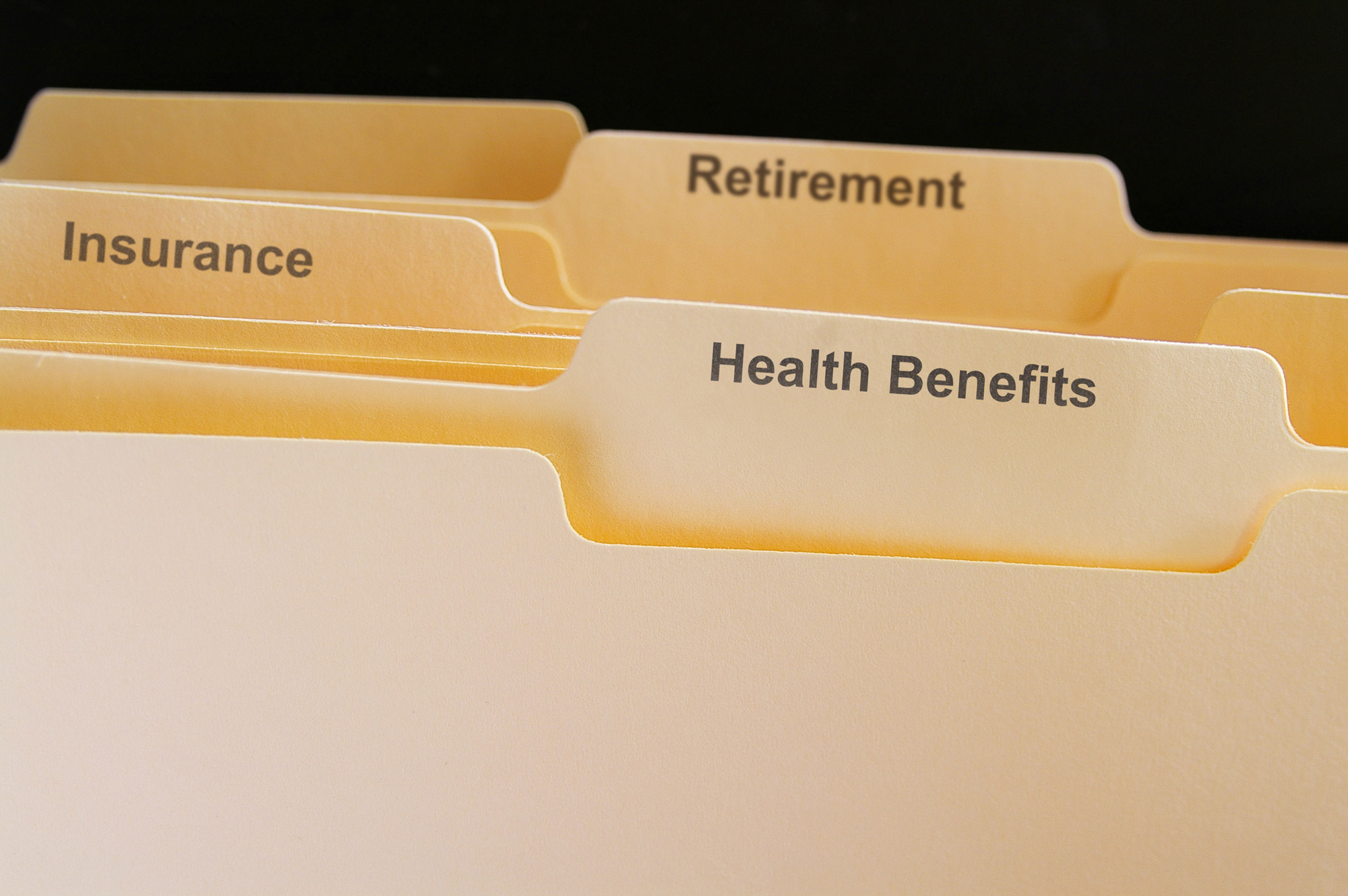Insurance
Insurance
Alimony for parents in case of death or total permanent disability or 6 months of accidental loss of organs
Use and Management of Cookies
We use cookies and other similar technologies on our website to enhance your browsing experience. For more information, please visit our Cookies Notice.
Use and Management of Cookies
We use cookies and other similar technologies on our website to enhance your browsing experience. For more information, please visit our Cookies Notice.
Financial Preparation Tips Before Divorce
Someone may buy life insurance for tax incentive or think that only married people need it. Just a few people know that life insurance has more varieties than that. However, how can you buy the insurance to meet your needs? Let’s look at the following guideline on how to buy the right insurance for each stage of life.
1. Childhood to adolescence (0-20 years old)
During childhood, especially age below five, children have low immunity and can get sick easily. Parents should consider health insurance for their children. This will ease the treatment burden when the children are hospitalized. When they grow up and become teenagers, the parents can add personal accident (PA) insurance. That is because teenagers can live a wild and risky life.
2. Early working age (21-30 years old)
At early working age, you begin to earn income and make a life for yourself. So, you should focus on savings. Moreover, you need to pay income tax once earning income. That is why endowment insurance is the perfect choice for this life stage. You can develop the saving discipline while gaining tax benefit. If having worked and saved money for a while, you should consider the insurance offering long-term coverage like whole life insurance and tie it with health insurance. That is because the premium for this stage of life is cheaper than other stages. You will get the value-for-money insurance. Moreover, you will pay the same amount of premium until the policy reaches maturity. (Only health insurance premium will increase by life stage but not every year). More importantly, when tying health insurance with the long-term life insurance, you will receive long-term health insurance. So, you do not have to worry when lacking staff welfare to support your medical treatment. In addition, you do not have to worry whether your health insurance will be cancelled next year if you get sick. As long as the basic policy ประกันหลัก you tie with does not expire, your health insurance will be renewed by default every year until its coverage expires. Most health insurance offers coverage until the insured reaches the age of 70 – 85 depending on each policy.

3. Middle working age and family- starting age (31-45 years old)
The insurance for people at this life stage should focus on life coverage to prevent the risk in case that the head of family suddenly passes away. It can be either whole life or term insurance. You should select the proper coverage period that meets your needs. You can also buy health insurance, which should be tied with the insurance that gives you long-term coverage. This will ensure that the health insurance can offer long-term protection as well. Moreover, you should consider unit link with regular premium (RP) as a tool to plan for your
children’s education. This will guarantee that your children will receive the sum insured for the tuition fee if you unexpectedly pass away.
4. Late working age until retirement (46-60 years old)
In this period, the family burden gradually decreases (because the children grow up and can earn money themselves). The important thing now is to prepare money for the retirement. The beginning of this period is the last chance you can save money for the retirement. (If starting to prepare the retirement fund after 50, you may not be able to do it in time.) The insurance suitable for this period should be annuity insurance, which offers post-retirement pension as a guarantee. You should save money in this insurance together with other financial instruments (such as RMF, LTF, mutual fund, or the company’s providence fund) to make sure that you have enough money after retirement.

5. Post-retirement (61 years old or more)
This is the last period in life. Someone may consider making a will or preparing assets as inheritance for the children. Life insurance can also serve as a tool to make money, which can be handed over to the children. Moreover, those with a lot of assets (more than 100 million baht) can use the insurance to manage inheritance tax. The appropriate insurance for inheritance is whole life insurance. Someone may want to leave inheritance to their children but is not healthy or have health condition, which prevents them from applying for normal life insurance. They may consider elderly insurance because the insured does not have to take a physical examination or answer health questions. That is why those with health condition can apply for life insurance. (If they pass way because of disease, the insurer will pay the sum insured to the beneficiary only when that policy has been paid for more than two years.)
That is the recommendation for proper life insurance at each stage of life. However, you do not have to always follow this guideline. It actually depends on the individual capacity and personal relevance.
